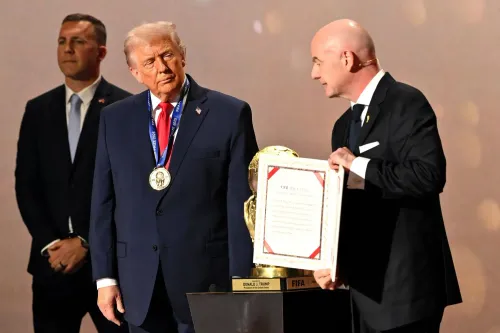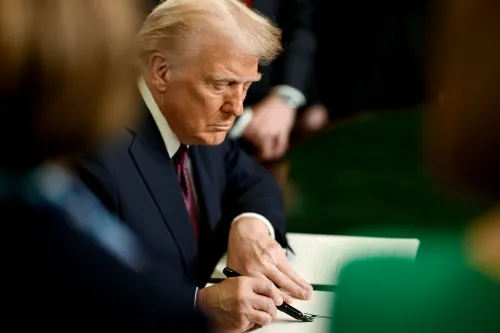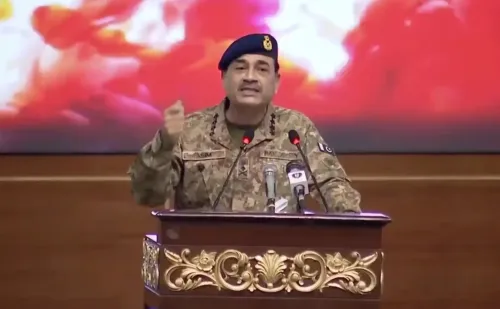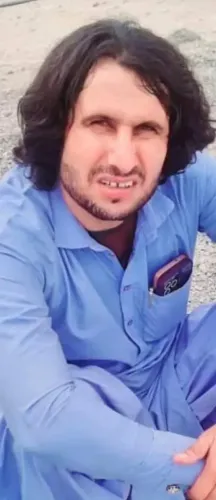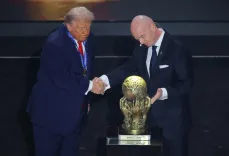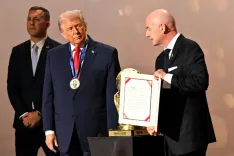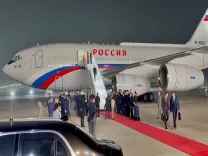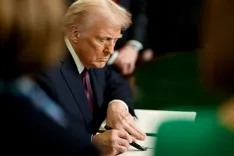What Happened at the India-Japan Annual Summit?
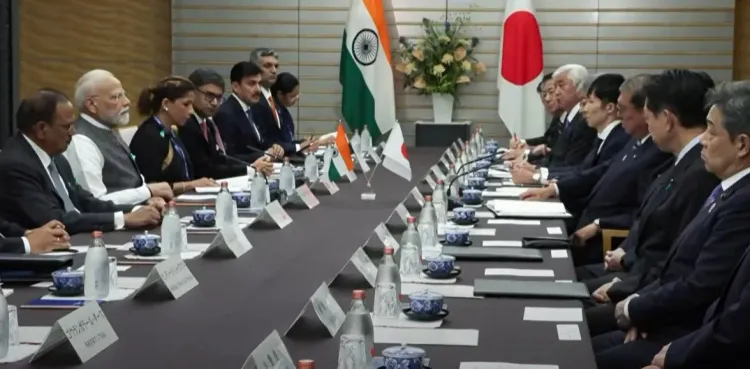
Synopsis
Key Takeaways
- Strengthening bilateral economic ties
- Focus on technological collaboration
- Highlighting emerging sectors
- Engagement with the Indian community
- Future visits to enhance international relations
Tokyo, Aug 29 (NationPress) Prime Minister Narendra Modi and his Japanese counterpart Shigeru Ishiba participated in the 15th India-Japan Annual Summit at Kantei, the official residence of the Prime Minister of Japan. Attendees included Foreign Secretary Vikram Misri, National Security Advisor Ajit Doval, and India's Ambassador to Japan Sibi George.
Upon his arrival, PM Modi received a ceremonial welcome and a Guard of Honour at Kantei for the summit discussions.
Earlier, PM Modi and Ishiba addressed the India-Japan Economic Forum, attended by various CEOs and business leaders. In his speech, PM Modi emphasized India's profound economic ties with Japan and highlighted potential areas for enhanced cooperation in the future.
In a post on X, PM Modi mentioned, "I addressed a business event in Tokyo. The presence of Prime Minister Ishiba made this occasion even more significant, reflecting our commitment to strengthening bilateral economic linkages. I discussed India's robust economic relationship with Japan and outlined sectors where collaboration can be intensified: Following our success in the automobile sector, we aim to achieve similar results in batteries, robotics, semiconductors, shipbuilding, and nuclear energy."
"A synergy between technology and talent is essential for driving this century's technological revolution. Our focus on green energy is crucial for a sustainable future. The next generation of infrastructure, where Japan's excellence complements India's scale, can yield remarkable outcomes. Additionally, skill development and enhancing people-to-people connections are vital," he added.
PM Modi also met with former Japanese Prime Minister Fumio Kishida to discuss advancements in bilateral partnerships related to trade, critical technologies, and human resource mobility.
In another post on X, PM Modi expressed, "I had a productive meeting with former Prime Minister Fumio Kishida, an ardent supporter of closer India-Japan relations. We reviewed the progress in our bilateral partnership across trade, critical technologies, and human resource mobility, along with the significant potential in emerging sectors like technology and semiconductors."
PM Modi also engaged with former Japanese Prime Minister Yoshihide Suga, discussing various aspects of cooperation between the two nations.
"I had a very fruitful meeting with Yoshihide Suga, former Prime Minister of Japan and Chairperson of the Japan-India Association. We highlighted several dimensions of India-Japan cooperation and explored ways to deepen our collaboration, particularly in technology, AI, trade, investment, and beyond," PM Modi shared on X.
PM Modi arrived in Tokyo early Friday morning for a two-day visit. Upon arrival, he was greeted by Japan’s Ambassador to India ONO Keiichi, India’s Ambassador to Japan Sibi George, and other senior officials.
He received a warm welcome from the Indian community, who celebrated his arrival in Tokyo with traditional performances and enthusiastic cheers. PM Modi praised the Indian diaspora in Japan for their dedication to preserving cultural heritage while contributing significantly to Japanese society.
In a post on X, PM Modi remarked, "The warmth of the Indian community in Tokyo deeply impressed me. Their commitment to making substantial contributions to Japanese society while preserving our cultural roots deserves high praise. I plan to engage in discussions with business leaders shortly to invigorate trade and investment relations between India and Japan."
After wrapping up his engagements in Japan, PM Modi is scheduled to visit China to participate in the Shanghai Cooperation Organisation (SCO) Summit in Tianjin from August 31 to September 1.


